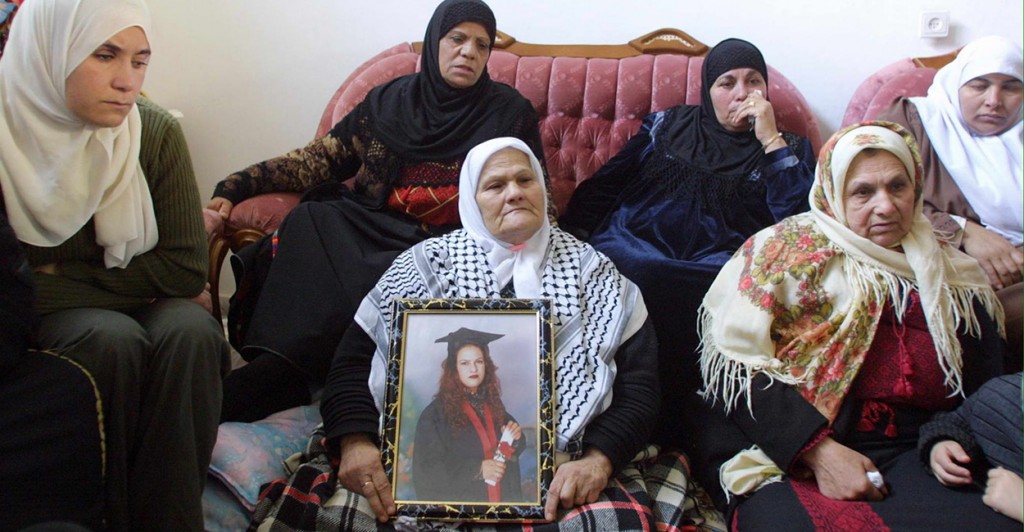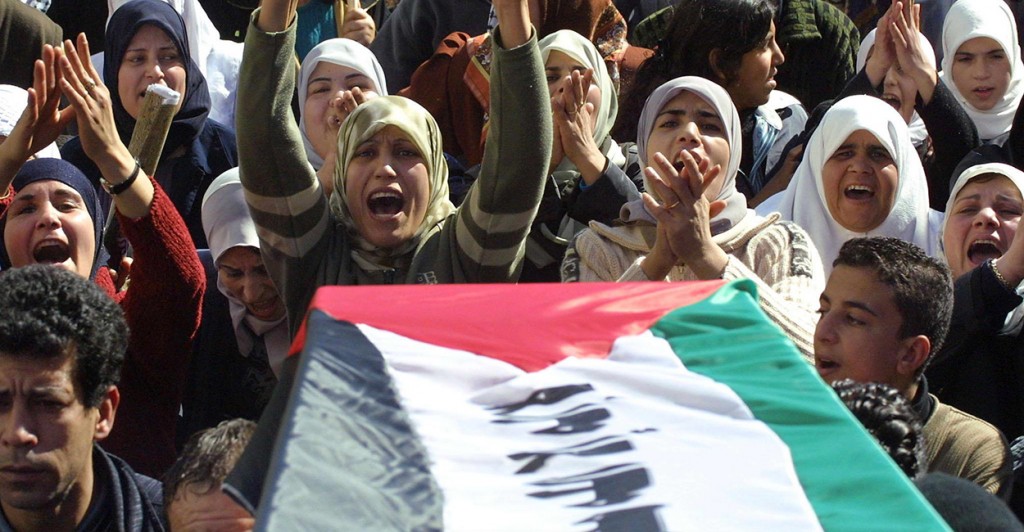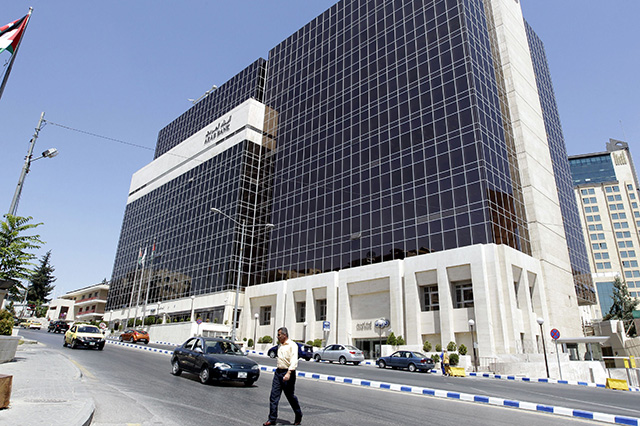In a unanimous verdict late Monday, a federal jury agreed that Jordan-based Arab Bank violated U.S. anti-terrorism laws in conducting business with Hamas-linked “charities.”
Some Israelis refer to Arab Bank as the “Grand Central Station of terrorist financing.”
It is the first case that successfully employed the strategy of going after terrorists by suing a major bank accused of doing business with them. More than 300 U.S. nationals were part of the landmark terrorism trial that began last month in New York.
Some Israelis refer to Arab Bank as the “Grand Central Station of terrorist financing.” The plaintiffs or their family members were injured or killed in terrorist attacks while visiting Israel between 2000 and 2005 during the second intifada or Palestinian uprising.
>>> Arab Bank Accused of Helping Reward Hamas Suicide Bombers in Terrorism Case
In finding the bank guilty of violating anti-terrorism laws by providing material support to Hamas, jurors rejected Arab Bank’s key defense that it had no way to know some of its clients were using its accounts to provide payoffs for terrorist acts.

Wasfiyeh Idris, mother of suicide bomber Wafa Idris, surrounded by family members, holds a portrait of her daughter at her home in a refugee camp near the West Bank town of Ramallah. Evidence presented at trial showed that families of suicide bombers received payments about four times the average annual Palestinian income. (Photo: Awad/Newscom)
Plaintiffs alleged that a dozen Middle Eastern charities with links to Hamas and other radical Islamic groups transferred $32 million to Arab Bank during the second intifada. They alleged that money then was paid out to families of suicide bombers and other Palestinians as rewards for acts of terrorism against Jews.
Families of suicide bombers were entitled to a $5,300 payment.
“I said before this trial that there is nothing worse than people in suits who incentivize terrorism for profit. This bank is the worst,” said Tab Turner, one of the plaintiff’s attorneys. “They deserve to be put out of business for what they did to these victims.”
In a statement after the verdict, Arab Bank said it has “very strong grounds for appeal” and that the trial “was infected by scores of errors.”
Landmark Terrorism Case
It’s taken a decade for the case to make it to the trial stage.
Among the victims are New York attorney Mark Sokolow, his wife and two of his teenage daughters. They were shopping in Jerusalem in 2002 when Wafa Idris, the first female suicide bomber in the conflict, detonated a backpack bomb.

Mark Sokolow in a hospital bed in Jerusalem on Jan. 28, 2002. Sokolow, 43, a survivor of the Sept. 11 attack on New York’s World Trade Center, was wounded in a bombing in west Jerusalem that killed two and injured 150 people. (Photo: Menahem Kahana/Newscom)
Bank documents showed a payment, through an account serviced by Arab Bank, to her surviving family. Also among the evidence was the confession of Abbas al-Sayed, the mastermind behind a Hamas suicide bombing at the Park Hotel in Netanya, Israel, in 2002 that killed 30 people and injured 140. Al-Sayed’s signed confession stated that he bought weapons for the attack with money transferred to his private Arab Bank account.
>>> Arab Bank Mounts Its Defense in Landmark Terrorist Financing Case
The federal judge presiding over the case instructed the jury that, to prevail, the plaintiffs had to prove that the business the bank conducted with Hamas-linked clients was the “proximate cause” of the terrorist attacks involved, and that the bank should have reasonably foreseen the potential for injury. In each of the 24 attacks at issue, the jurors agreed that it was.
Arab Bank: ‘A Show Trial’
After the verdict, Arab Bank called the trial “nothing more than a show trial.” It accused the court of eliminating its defenses, permitting weeks of inadmissible and inflammatory testimony and rejecting the Supreme Court’s causation standard.
In Arab Bank’s view, it was found liable for “legitimate and routine financial services.”
Bank documents introduced by the plaintiffs into evidence revealed an intricate network that rewarded terrorist acts through use of Arab Bank accounts.
“The trial was infected by scores of errors,” Arab Bank said of the guilty verdict.
In addition to other charities, the Saudi Committee for the Support of the Intifada al Quds sent nearly $100 million through Arab Bank. Plaintiffs alleged that an estimated $32 million of that was distributed as cash payments to “martyrs” and their families, including the families of suicide bombers; the rest was distributed to other Hamas-controlled charities.
Families of suicide bombers were entitled to a $5,300 payment, wounded “martyrs” received $2,655 and the families of jailed “martyrs” received a payment of $1,325.
>>> Paycheck for Terrorism: $5,300 for Suicide Attack
During the trial, terrorism financing expert Juan Zarate, author of “Treasury’s War,” told The Daily Signal that a loss for Arab Bank “could trigger further political, regulatory, and enforcement scrutiny from U.S. authorities.”

Palestinians shout as they follow an empty coffin for Palestinian suicide bomber Wafa Idris. (Photo: Abbas Momani/Newscom)
Several top banks contacted prior to the verdict declined comment on the impact a guilty verdict would have on their relationships with Arab Bank.
The issue of damages — how much the bank will have to pay the victims — will be decided during a separate court proceeding.
“The trial was infected by scores of errors, and the bank has very strong grounds for appeal,” an Arab Bank spokesman said in a prepared statement. “It will seek prompt review by the Second Circuit [U.S. Court of Appeals].”




























